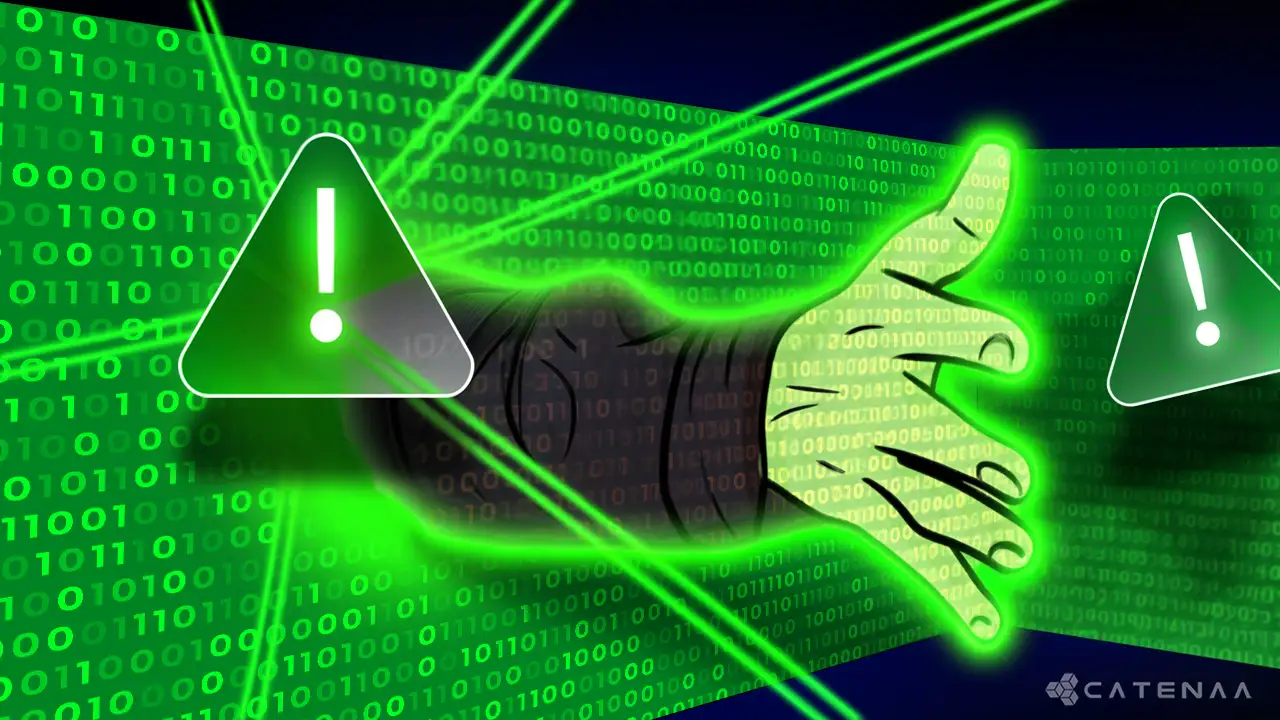New York, Friday, August 09, 2024-A new report by Galaxy Research has raised concerns about the sustainability of Bitcoin Layer-2 (L2) rollups, despite their growing popularity as a solution for cheap and fast transactions.
The report highlights significant economic challenges tied to the inherent limitations of Bitcoin’s blockspace.
Bitcoin’s blockspace is restricted to 4MB per block, which poses problems for rollups that rely on Bitcoin as a data availability (DA) layer.
These rollups, particularly those using zero-knowledge (ZK) proofs, post proof outputs and state differences to Bitcoin’s Layer 1 blockchain every 6-8 blocks.
However, these postings can consume up to 400KB per transaction, which represents about 10% of a Bitcoin block’s capacity.
Given that Bitcoin blocks have been consistently full since early 2023, the competition for space could drive transaction fees to unsustainable levels.
Galaxy Research warns that rollups using Bitcoin for DA will need to generate substantial revenue from transaction fees to cover these costs.
At a typical fee rate of 10 sats/vByte, a rollup could incur expenses of $460,000 monthly or $5.5 million annually.
If fee rates increase to 50 sats/vByte, costs could soar to $2.3 million per month, or $27.6 million annually.
To address these financial pressures, the report suggests that rollups may need to consider alternative DA solutions, such as Celestia, Near, or Syscoin, which offer more cost-effective options.
Alternatively, rollups might restructure as Layer 3 solutions to reduce data posting costs while maintaining some connection to the Bitcoin network.
The report concludes that the future of Bitcoin rollups will hinge on their ability to balance these costs with user demand and revenue generation.


